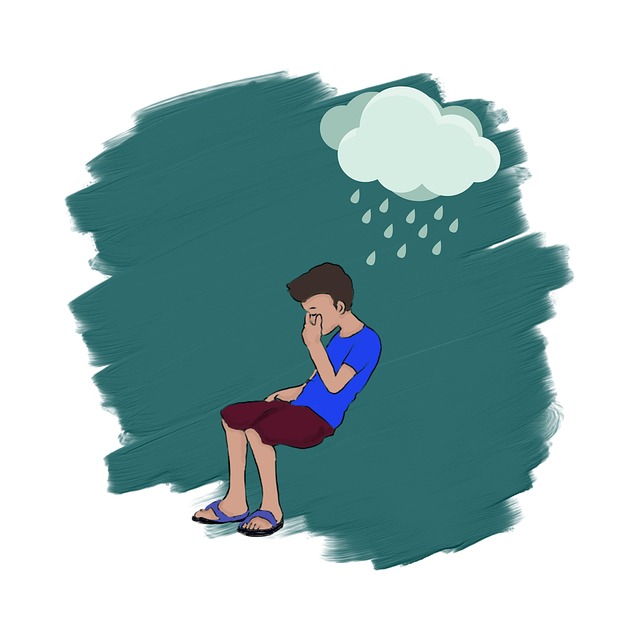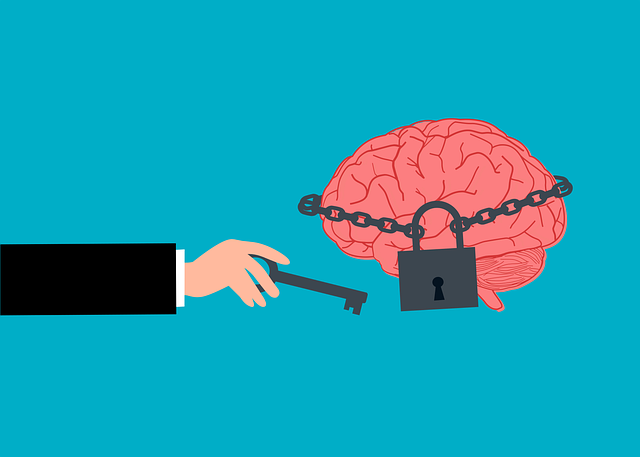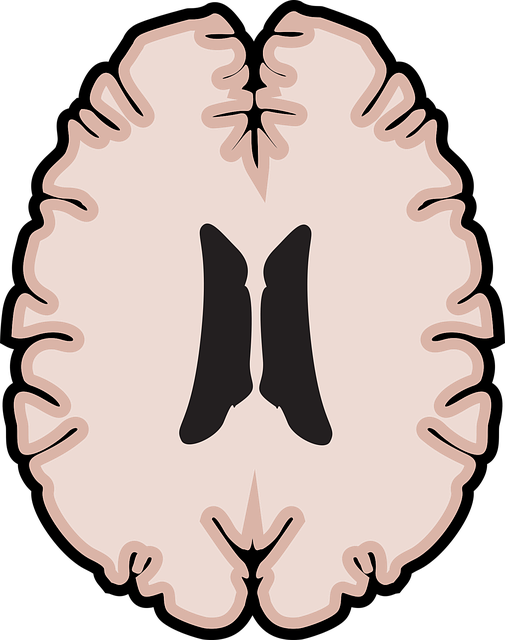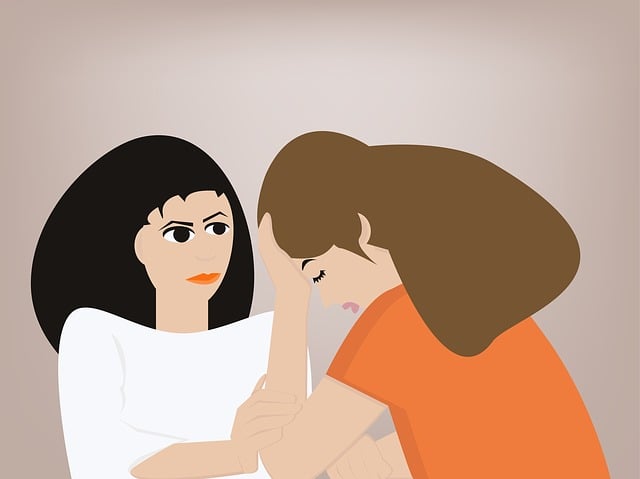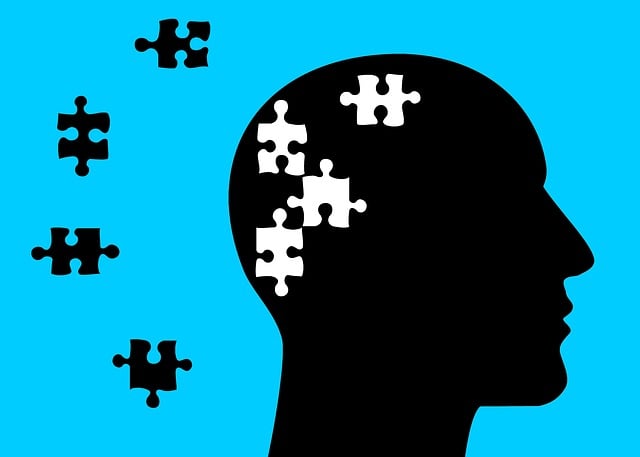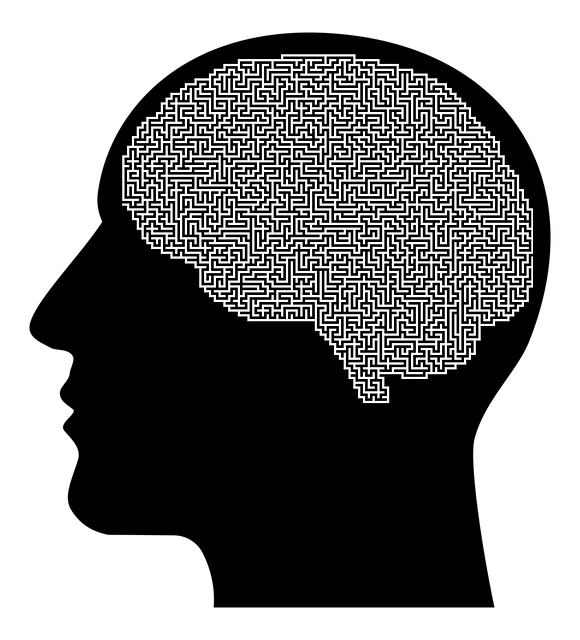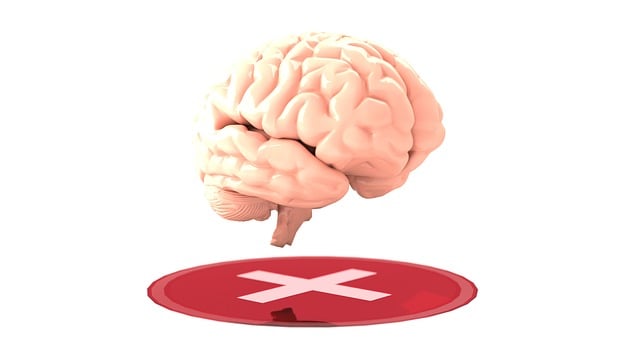Lafayette Geriatrics Therapy is a leading provider of culturally sensitive mental healthcare, emphasizing the significance of understanding diverse backgrounds for effective treatment. By recognizing that each patient's cultural identity shapes their perception of mental health and healing, they adapt their practices to honor traditions. This approach fosters trust, open communication, and enhanced self-care routines. Through compassion cultivation techniques, personalized guidance, and tailored strategies, Lafayette Geriatrics ensures every elderly patient receives respectful, culturally competent care, breaking down barriers and improving therapeutic outcomes. Their commitment to inclusivity and equity makes them a model for high-quality mental healthcare in diverse communities.
In today’s diverse society, cultural sensitivity is paramount in mental healthcare. Understanding cultural diversity and its impact on mental health treatment is essential for providing effective care. This article explores these nuances through several lenses, including a case study of Lafayette Geriatrics Therapy, known for its culturally competent approach. We delve into the challenges of cross-cultural communication, offering strategies to foster inclusivity and equity in mental health services. By learning from successful models like Lafayette, healthcare professionals can revolutionize mental healthcare practices.
- Understanding Cultural Diversity in Mental Healthcare
- Challenges in Cross-Cultural Communication
- Lafayette Geriatrics Therapy: A Case Study on Cultural Sensitivity
- Strategies for Culturally Competent Practice
- Promoting Inclusivity and Equity in Mental Health Services
Understanding Cultural Diversity in Mental Healthcare

In the realm of mental healthcare, understanding cultural diversity is not merely an admirable goal but a fundamental necessity. Lafayette Geriatrics Therapy recognizes that each patient brings their unique cultural background and experiences to the therapeutic setting. This cultural lens can significantly shape an individual’s perception of mental health issues and their approach to healing. For instance, what constitutes trauma, expression of emotions, or even views on self-care may vary widely across different cultures.
By embracing cultural sensitivity, Trauma Support Services become inclusive and effective. Therapists trained in this aspect can adapt their practices to honor diverse traditions and beliefs, fostering trust and open communication. This tailored approach ensures that every patient receives care that resonates with their identity, ultimately enhancing the effectiveness of Self-Care Routine Development for Better Mental Health. Moreover, Risk Management Planning for Mental Health Professionals benefits from cultural sensitivity training, enabling practitioners to navigate complex ethical territories and provide safe, culturally competent care.
Challenges in Cross-Cultural Communication

Communication barriers can significantly impact the effectiveness of mental healthcare, especially when dealing with patients from diverse cultural backgrounds. At Lafayette Geriatrics Therapy, we recognize that language differences, cultural nuances, and differing expectations can create challenges in building a strong therapeutic relationship. These obstacles may lead to misunderstandings or misinterpretations of symptoms, treatment goals, and even basic information sharing.
For instance, non-verbal cues, such as body language and facial expressions, might carry different meanings across cultures. Additionally, some languages have unique ways of expressing emotions, which can affect how patients articulate their feelings. To overcome these challenges, compassion cultivation practices, like active listening and cultural competency training, are essential components of our mental wellness coaching programs development. We encourage self-care practices that foster empathy and understanding, ensuring every patient receives respectful, culturally sensitive care tailored to their unique needs.
Lafayette Geriatrics Therapy: A Case Study on Cultural Sensitivity

Lafayette Geriatrics Therapy serves as a shining example of how cultural sensitivity can transform mental healthcare practices. In an era where diversity is ever-present, understanding and respecting different cultural backgrounds, traditions, and beliefs are essential for fostering effective therapeutic relationships. The therapy center has made significant strides in this area, particularly with its elderly population, by incorporating tailored guidance, communication strategies, and emotional regulation exercises that cater to the unique needs of each client.
By recognizing the impact of cultural factors on mental wellness, Lafayette Geriatrics Therapy offers a safe space where individuals can openly discuss their experiences and emotions without fear of judgment. This approach not only enhances the therapeutic process but also empowers clients with valuable tools for self-care, such as journaling exercises that encourage reflection and personal growth. Through these initiatives, the center ensures that every patient receives personalized care that respects their cultural identity, ultimately contributing to improved mental health outcomes.
Strategies for Culturally Competent Practice

Cultural sensitivity is a cornerstone of effective mental healthcare, ensuring that services are tailored to meet the unique needs of each individual. At Lafayette Geriatrics Therapy, we recognize that cultural background significantly influences how people perceive and engage with mental health support. To achieve culturally competent practice, therapists must adopt strategies that foster understanding and respect for diverse communities.
One key approach is to actively listen and communicate openly with clients, allowing them to express their cultural values and beliefs surrounding mental health. This process involves learning about different emotional healing processes and self-care practices from various cultural perspectives. Additionally, risk management planning for mental health professionals should incorporate cultural considerations to ensure safe and ethical care. By integrating these strategies, Lafayette Geriatrics Therapy aims to create a welcoming environment where all clients can receive personalized support that respects their cultural identity.
Promoting Inclusivity and Equity in Mental Health Services

Promoting inclusivity and equity in mental health services is a cornerstone of effective care, especially in diverse communities like Lafayette. Mental healthcare practitioners must embrace cultural sensitivity to ensure every client receives tailored, respectful treatment. This involves understanding and appreciating the unique cultural backgrounds, traditions, and beliefs of individuals seeking help. By incorporating culturally informed practices, Lafayette Geriatrics Therapy can foster an environment where clients feel seen, heard, and understood.
Implementing a community outreach program is one strategy to enhance inclusivity. Such programs can raise awareness about mental health issues within diverse communities, break down stigma, and encourage individuals from underrepresented groups to access available services. Additionally, these initiatives may include training sessions on cultural sensitivity for healthcare providers, ensuring they are equipped to address the specific needs of various populations. Preventing burnout among healthcare professionals is also vital, as it enables them to maintain empathy, patience, and resilience in delivering culturally sensitive care over time.
Cultural sensitivity in mental healthcare is no longer a consideration but a necessity. As evidenced by the case study of Lafayette Geriatrics Therapy, understanding and respecting cultural diversity can significantly enhance patient outcomes. Overcoming challenges in cross-cultural communication through strategies that promote inclusivity and equity ensures that mental health services are accessible and effective for all. By adopting culturally competent practices, we can create an environment where every individual feels seen, heard, and supported on their journey to mental well-being.

